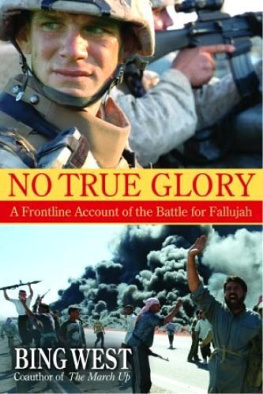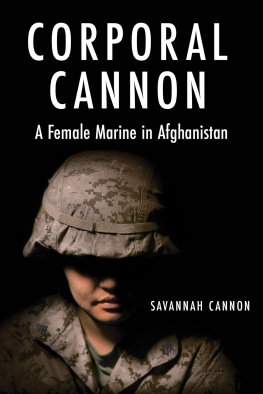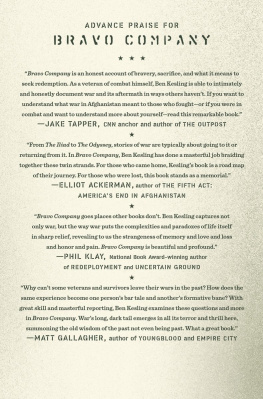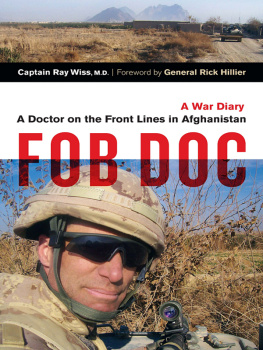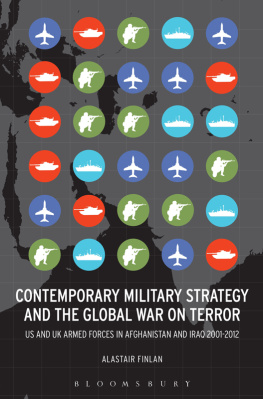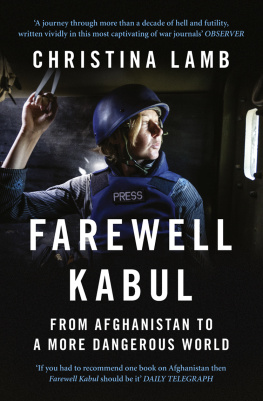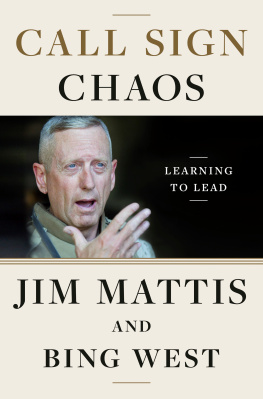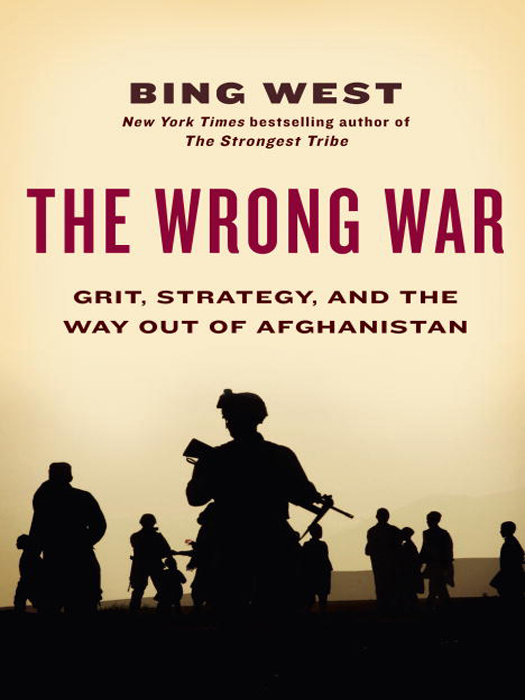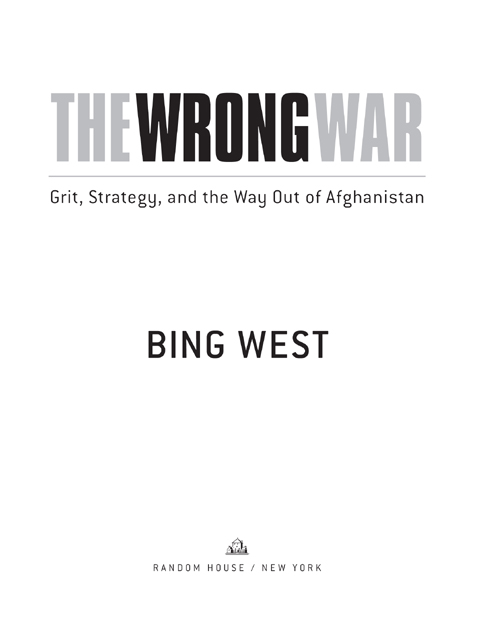Bing West - The Wrong War: Grit, Strategy, and the Way Out of Afghanistan
Here you can read online Bing West - The Wrong War: Grit, Strategy, and the Way Out of Afghanistan full text of the book (entire story) in english for free. Download pdf and epub, get meaning, cover and reviews about this ebook. year: 2011, publisher: Random House, genre: History. Description of the work, (preface) as well as reviews are available. Best literature library LitArk.com created for fans of good reading and offers a wide selection of genres:
Romance novel
Science fiction
Adventure
Detective
Science
History
Home and family
Prose
Art
Politics
Computer
Non-fiction
Religion
Business
Children
Humor
Choose a favorite category and find really read worthwhile books. Enjoy immersion in the world of imagination, feel the emotions of the characters or learn something new for yourself, make an fascinating discovery.

The Wrong War: Grit, Strategy, and the Way Out of Afghanistan: summary, description and annotation
We offer to read an annotation, description, summary or preface (depends on what the author of the book "The Wrong War: Grit, Strategy, and the Way Out of Afghanistan" wrote himself). If you haven't found the necessary information about the book — write in the comments, we will try to find it.
NATIONAL BESTSELLER
In this definitive account of the conflict, acclaimed war correspondent and bestselling author Bing West provides a practical way out of Afghanistan. Drawing on his expertise as both a combat-hardened Marine and a former assistant secretary of defense, West has written a tour de force narrative, rich with vivid characters and gritty combat, which shows the consequences when strategic theory meets tactical reality. Having embedded with dozens of frontline units over the past three years, he takes the reader on a battlefield journey from the mountains in the north to the opium fields in the south. A fighter who understands strategy, West builds the case for changing course. His conclusion is sure to provoke debate: remove most of the troops from Afghanistan, stop spending billions on the dream of a modern democracy, and insist the Afghans fight their own battles. Bing Wests book is a page-turner about brave men and cunning enemies that examines our realistic choices as a nation.
With a new Afterword by the author.
Amazon.com ReviewA Conversation with Bing West, Author of The Wrong War
What is this book about? I bring the reader onto the toughest battlefields in order to show what the war really is a series of short, sharp clashes between our soldiers and the Taliban. This is hard stuff, and our rules of engagement are too strict. Its nonsense to say wars arent won by killing and bloodshed. Thats how the terrorists seized power, and they have to be destroyed. Our troops understand this; our leaders do not.
What is our goal in Afghanistan? Are we fighting to win? In 2009, President Obama said the goal was to defeat the Taliban. In 2011, he downgraded the goal to preventing the Taliban from reestablishing a stranglehold over the Afghan people. He no longer intends to win by defeating our enemy. Whether we settle for a tie by negotiations remains to be seen.
What does your title, The Wrong War, mean? Afghanistan was the wrong war for our strategy of benevolent counterinsurgency. Our strategy has been to give money and some protection to the Pashtun tribes in order to win over their hearts and minds. In return, the Pashtuns were expected to stand against the Taliban who were, in fact, their stronger relatives.
This strategy has failed. The Pashtuns have not rejected the Taliban. I bring the reader onto the battlefields in the mountains of the north and the poppy fields of the south to show why.
Do our troops care about politics, or do they fight for one another? They fight for one another. But -- they volunteered to be grunts before they ever met one another. They wanted the adventure - the chance to prove themselves in battle- and to serve their country.
But our generals have to set achievable goals. Otherwise grunts become cynical. Few of our grunts now believe we are winning hearts and minds, as our generals claim.
Does Pakistan control the outcome in Afghanistan? Pakistan provides a vast sanctuary, and refuses to arrest the top Taliban leaders. Pakistan lacks the resources and determination to move against the sanctuaries. Afghanistan can remain intact only by developing a strong army to fight along the Pak border.
What has been the main mistake in the war? Were paying the bills, taking casualties and doing the fighting. Yet we ceded total sovereign control to an untrustworthy Karzai,. Our greatest mistake was not keeping some control over the finances and the promotions of the Afghan security forces.
Six US generals have failed in Afghanistan. Why? Either we had six incompetents, or we have to acknowledge that very, very few men speak truth to power. On the one hand, our military was too strong to lose. On the other hand, Afghanistan was so vast and so chaotic that our mission of nation-building required three times the number of troops we committed. Our generals knew this. Yet Presidents Bush and Obama did not know.
What is the books basic message? Our troops are trying to protect and provide projects to Pashtun tribes that are hurtling headlong into the 10th Century. Our strategy is kind and liberal, but it will take another ten years and one trillion dollars to nudge Afghanistan into a progressive, democratic, economically viable state.
We dont have that time. Our vital interest is to prevent a takeover of Kabul by the Taliban radicals. We can prevent this by reducing our troop levels and placing the Afghan soldiers in the lead, with American advisers. That is why my book brings the readers into combat with both British and American adviser teams. We must change what we are doing.
From Publishers WeeklyStarred Review. West (The Strongest Tribe), a former Marine combat veteran and assistant secretary of defense under Reagan, boldly assesses the prospects for U.S. success in Afghanistan in this provocative analysis. The author made eight trips to Afghanistan to witness the Obama administrations counterinsurgency strategy that emphasizes winning over the population (Thus our military became a gigantic Peace Corps... drinking billions of cups of tea, and handing out billions of dollars). Embedded with frontline troops in Afghanistans most violent provinces, West eloquently captures their tireless efforts to carry out an amorphous mission. The lack of understandable policy confused the soldiers, encouraged risk avoidance among commanders, and created a culture of entitlement instead of cooperation among the Afghans who are content to accept aid and remain neutral as they wait to see whether the Americans or the insurgents will take ultimate control. Concluding that we cant win with this strategy but that withdrawal would be disastrous, the author proposes that the U.S. immediately transition to an adviser corps whose primary task would be to continue training Afghan forces to defeat the Taliban. Wests vivid reporting and incisive analysis provides a sober assessment of the present situation and prescribes a way for the Afghans to win their own war. (Feb.)
(c) Copyright PWxyz, LLC. All rights reserved.
Bing West: author's other books
Who wrote The Wrong War: Grit, Strategy, and the Way Out of Afghanistan? Find out the surname, the name of the author of the book and a list of all author's works by series.

